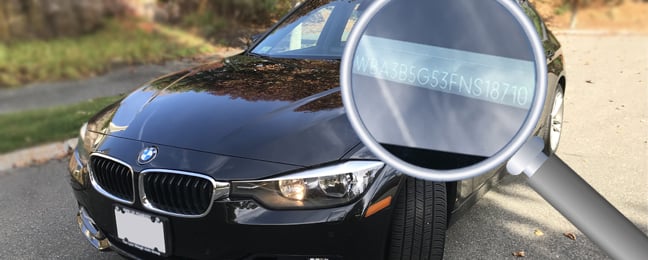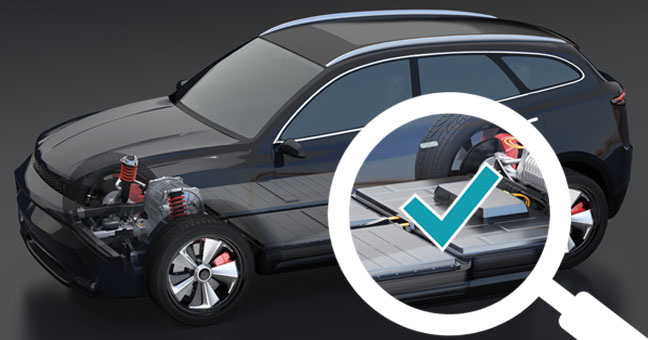Warranty businesses serving the automotive industry are facing many of the same challenges impacting insurance companies, including price inflation for parts in both direct and 3rd party markets, supply chain roadblocks, and significant increases in claim severity. These issues are compounded by a pandemic-induced decrease in new car sales, all contributed to the warranty industry experiencing a 2.7% decline in revenue year-over-year per Consumer Affairs.
The good news for warranty companies is that there appears to be a clear path to rebound. The same Consumer Affairs report finds that consumers are increasingly looking to extend their cars’ usable lifespan and typically cannot afford costly repair bills without coverage. This points to an increased and sustained demand for warranty coverage as the population of vehicles in use ages. However, to maximize the profitability of these warranty policies, vehicle risk assessment models used to price warranties will need to be updated and future-proofed for the latest technology developments to maintain their accuracy.
Read More









